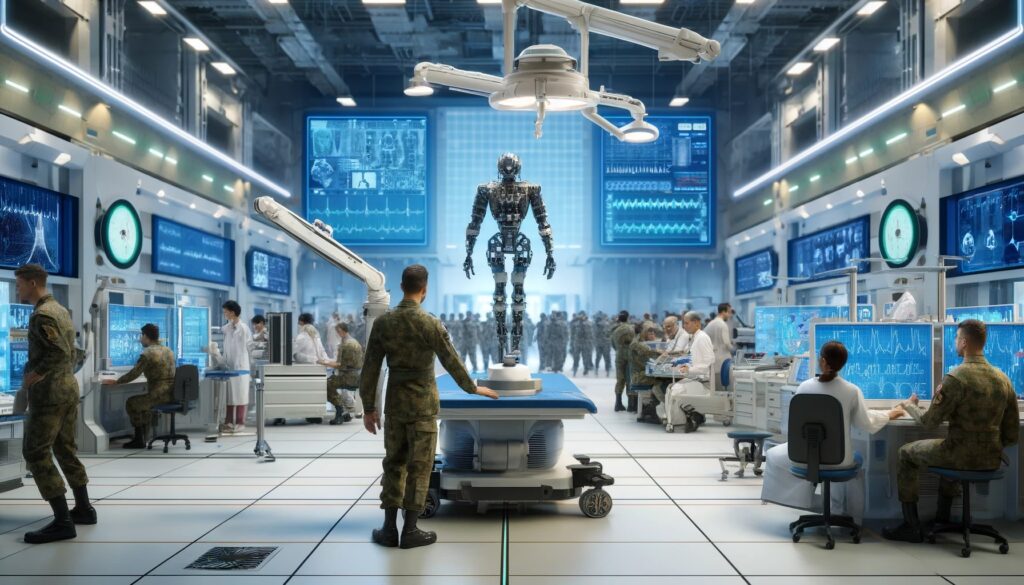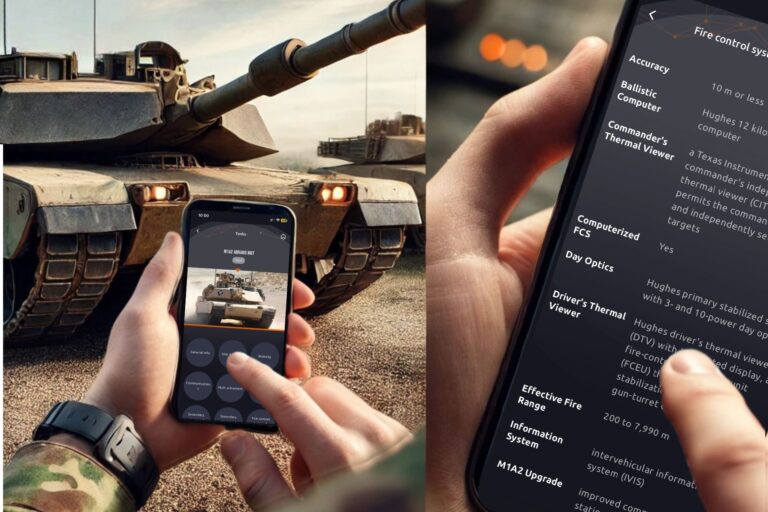In India, the Armed Forces Medical Services (AFMS) are taking significant steps to enhance healthcare for soldiers and their families through the integration of advanced technologies like artificial intelligence and telemedicine.

Since the beginning of the year, the AFMS has initiated multiple research collaborations with the Indian Institute of Technology in cities such as Hyderabad, Delhi, Kanpur, and Roorkee, to develop digital technologies focused on AI diagnostic models and remote medical devices. These partnerships also explore the potential of robotics and nanotechnology in healthcare delivery and consider using drones for patient transport.
The Armed Forces Medical College in Pune, the primary training facility for the AFMS, serves as a pilot site for a telehealth collaboration between the Ministry of Defence and the Ministry of Health and Family Welfare. This initiative includes establishing a special Tele-MANAS cell, the national mental health helpline, providing continuous access to mental health care for military personnel and their families.
Concurrently, the AFMS is collaborating with the Indian Council of Medical Research on the impacts of health in high-altitude terrains, post-traumatic stress disorder and combat-related issues, aerospace medicine, infectious diseases, and other health problems affecting service members. As the Indian Army declares 2024 the year of technology absorption, it acknowledges that technology has become a driving force in modern warfare and commits to modernizing its healthcare services, especially for personnel deployed in mountainous regions.
This trend towards healthcare modernization is also observed in other military forces in the Asia-Pacific region. The Australian Defence Force, for example, is updating its digital health system with a multi-year project expected to integrate a range of technologies by 2028. Similarly, military hospitals in the Philippines and Uzbekistan have integrated an AI solution for radiographic screening of lung diseases into their workflows.
Earlier this year, an enhanced electronic medical records system was commissioned within the Singapore Armed Forces Medical Corps, allowing soldiers to manage and book their medical appointments and access their medical history.
The rise of artificial intelligence (AI) and telemedicine is radically transforming military healthcare globally, offering innovative solutions to enhance the speed, efficiency, and accessibility of medical treatments in often hostile or isolated environments.
The integration of AI allows for rapid analysis of large volumes of medical data to diagnose complex conditions, optimize treatment plans, and even predict medical care needs during deployments. Telemedicine, meanwhile, facilitates access to specialized consultations for troops in the field, thus reducing the need for costly and logistically complex medical evacuations. These technologies not only improve individual care but also contribute to the strategic preparedness and response of armies, thereby strengthening the resilience of military forces against contemporary health challenges.




